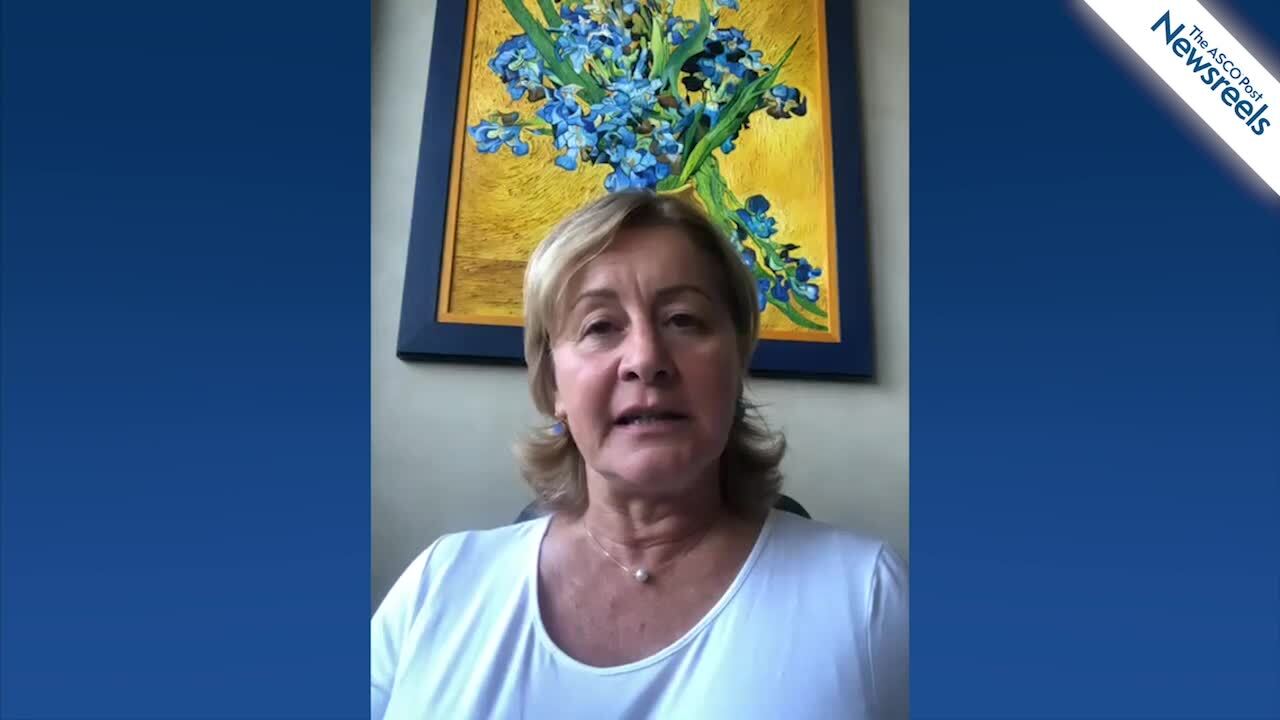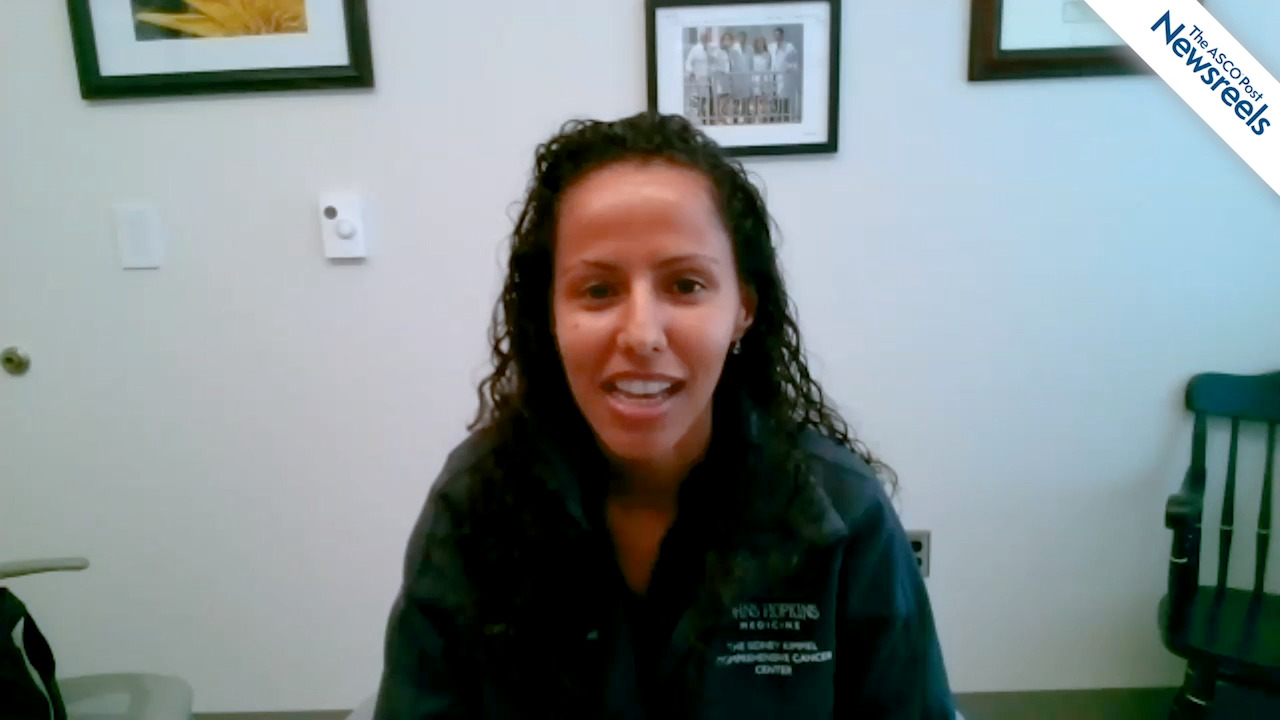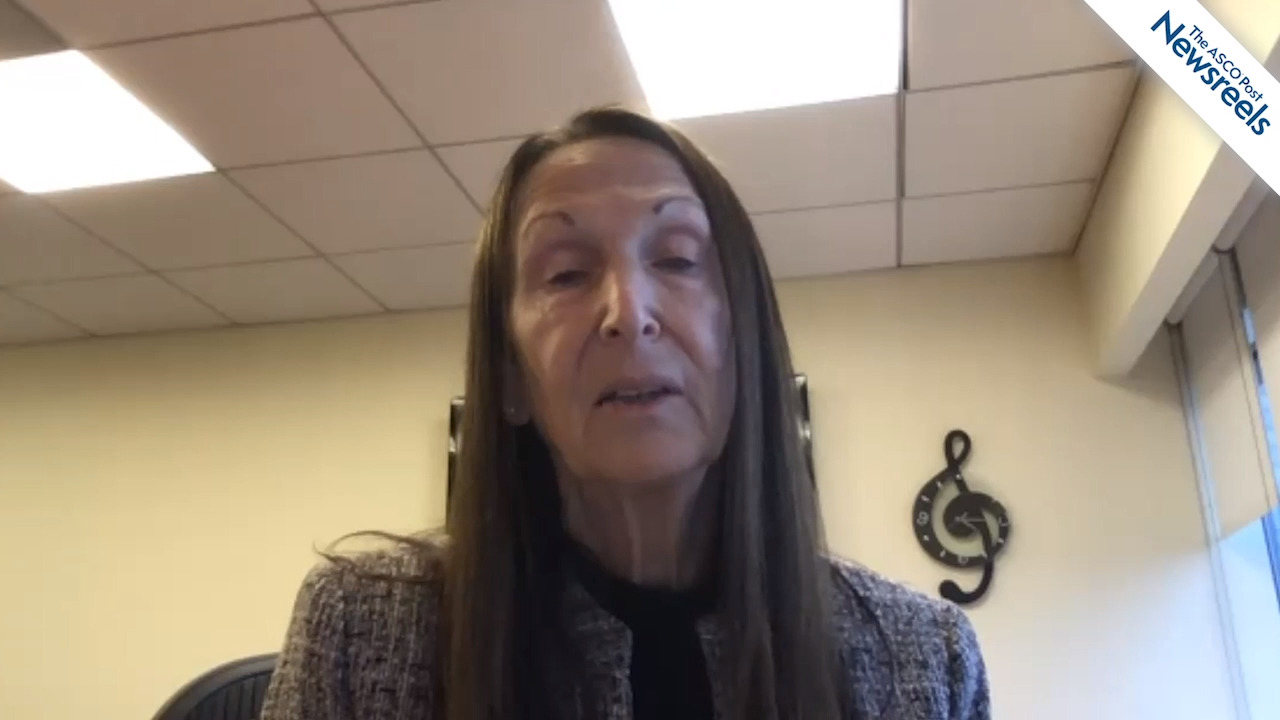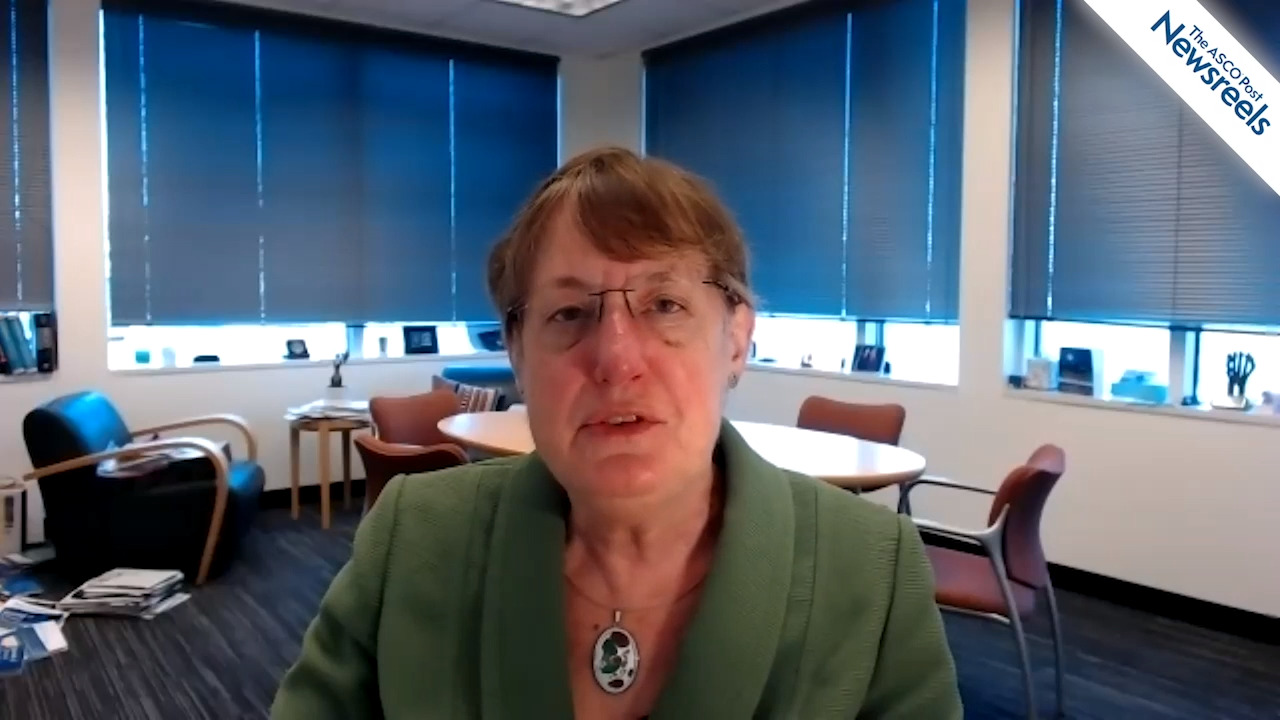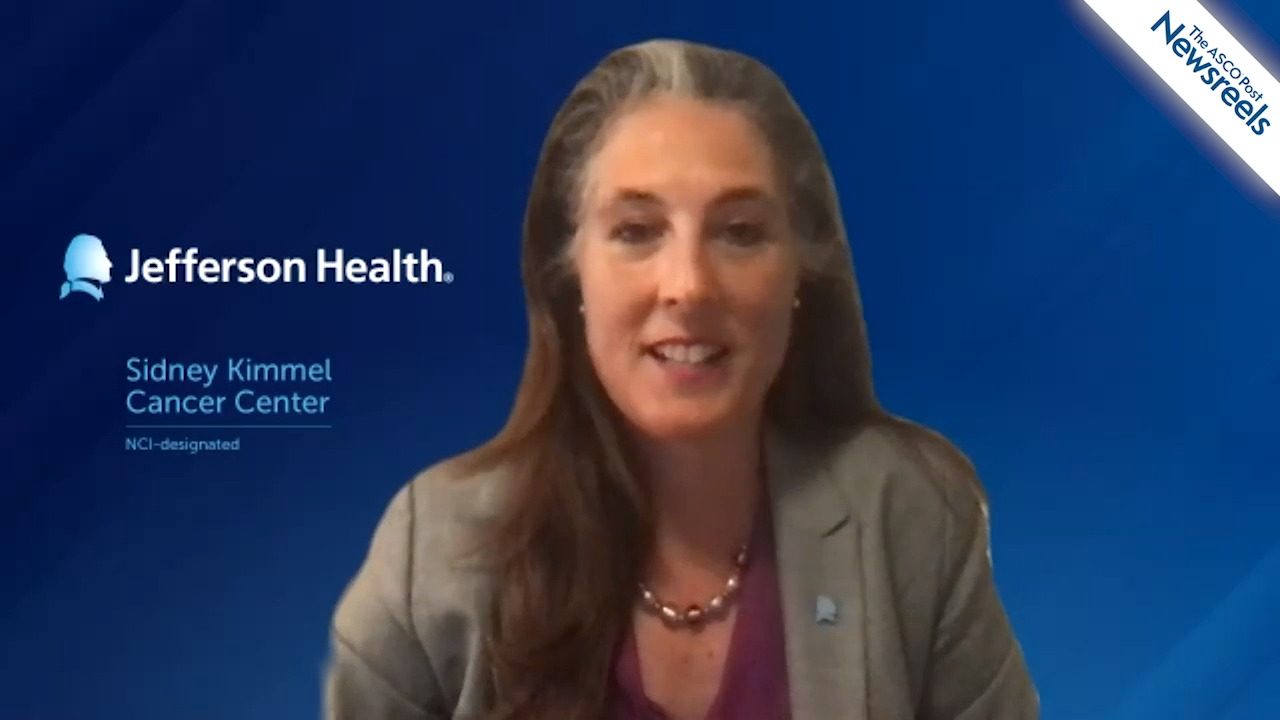Arthur L. Caplan, PhD, on Ethics, Cancer, and COVID-19
AACR Virtual Meeting: COVID-19 and Cancer 2020
Arthur L. Caplan, PhD, of New York University–Langone Health, discusses the areas in cancer care that need to be improved in the midst of the coronavirus pandemic, including a better definition of essential medical services based on the potential to save lives, offer good quality of life, and ease patients’ concerns about coming for treatment (Symposium 7).
The ASCO Post Staff
Gabriella Pravettoni, PhD, of the University of Milan, discusses the need for tailored psychological interventions to take care of oncologists, health-care workers, and patients with cancer affected by the coronavirus crisis. The interventions can help minimize burnout and post-traumatic stress disorder.
The ASCO Post Staff
Catherine H. Marshall, MD, MPH, of Johns Hopkins Hospital, discusses phase II trial results on bicalutamide, an oral antiandrogen used to treat prostate cancer. Bicalutamide may be helpful in downregulating the TMPRSS2 and ACE proteins needed for the SARS-CoV-2 virus; upregulating estradiol to help resolve acute lung injury; and improving outcomes in patients with COVID-19 infection (Symposium 4).
Dafna Bar-Sagi, PhD, of New York University Langone Medical Center, summarizes a panel discussion she moderated on skills the cancer research community brings to bear on the coronavirus pandemic, how the influx of funding will affect future priorities, and ways to capitalize on the surge of interdisciplinary efforts to address medical issues.
The panel was composed of:
Ann D. Barker, Chief Strategy Officer at the Ellison Institute of University of Southern California. Previously, Ann served as the Principal Deputy Director of the National Cancer Institute for strategic scientific initiatives.
Tyler Jacks, Director of Koch Institute for Integrative Cancer Research at MIT.
Tom Lynch, President and Director of Fred Hutchinson Cancer Research Center.
Shiva Malek, Senior Director and Principal Scientist of Discovery Oncology at Genentech.
J.T. Poirier, a junior faculty from the Perlmutter Cancer Center at NYU Langone Health.
The ASCO Post Staff
Nancy E. Davidson, MD, of Fred Hutchinson Cancer Research Center, talks about a panel she moderated in which speakers discussed the importance of communicating with patients to ease their concerns about cancer care during the COVID-19 pandemic, allocating protective gear for the most vulnerable patients, increasing telehealth visits, ensuring rapid access to COVID-19 testing, and altering office space to allow for social distancing (Forum 3).
The ASCO Post Staff
Karen E. Knudsen, MBA, PhD, of the Sidney Kimmel Cancer Center at Jefferson Health, summarizes a panel she moderated on telehealth, which included discussion of usage in urban vs rural populations, preventing the technology from becoming a new source of disparities in cancer care, and uncertainties about reimbursement policies.
